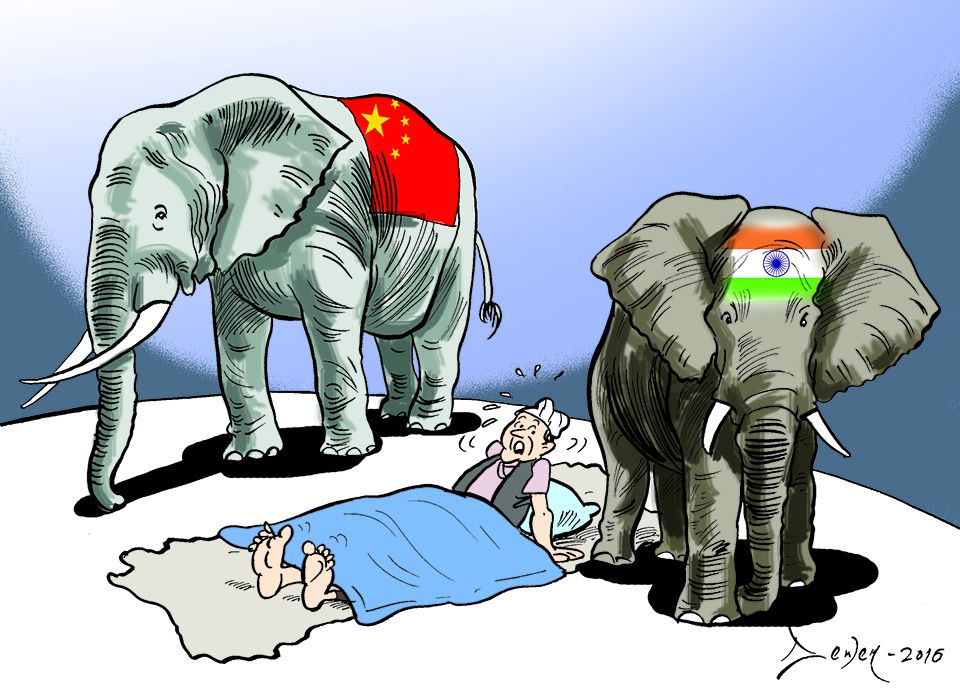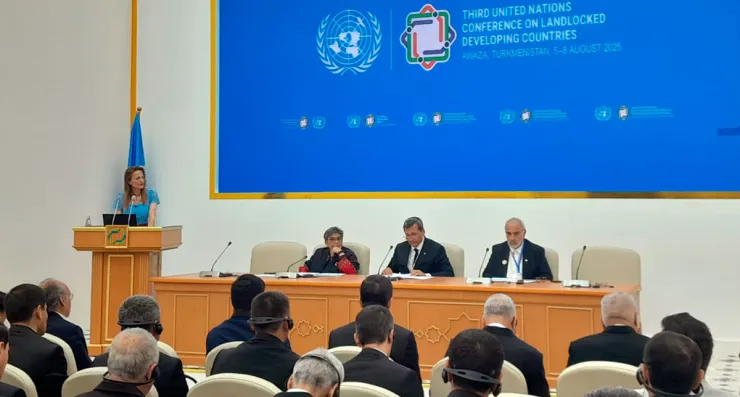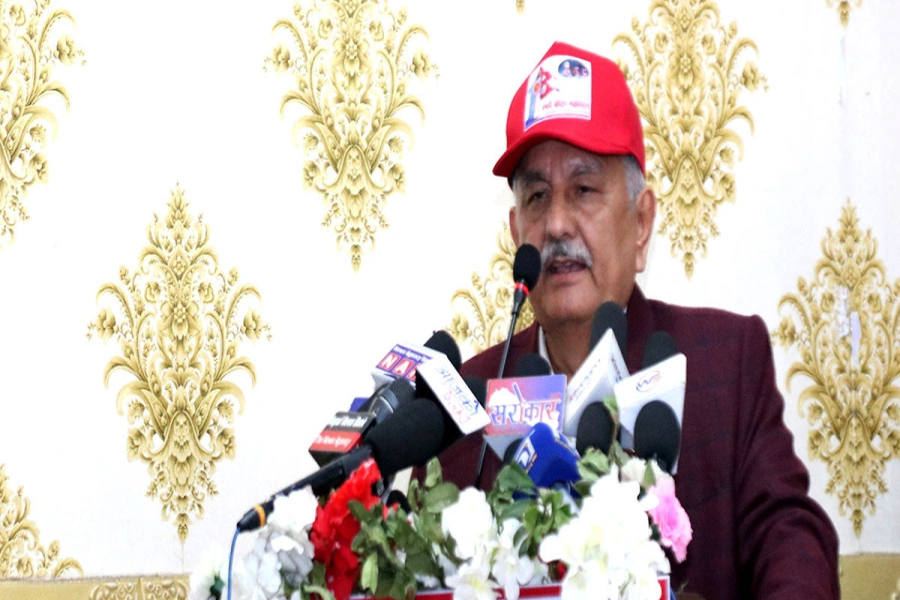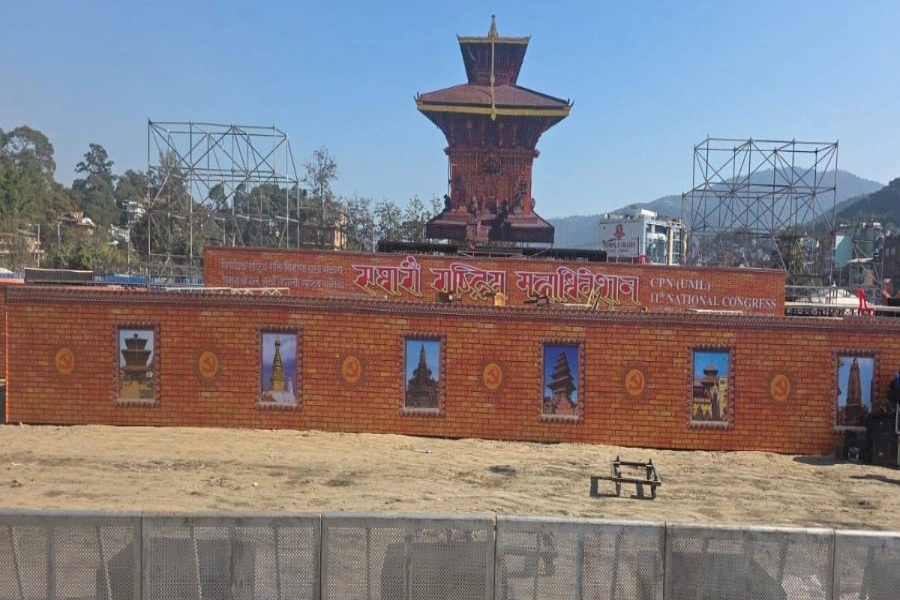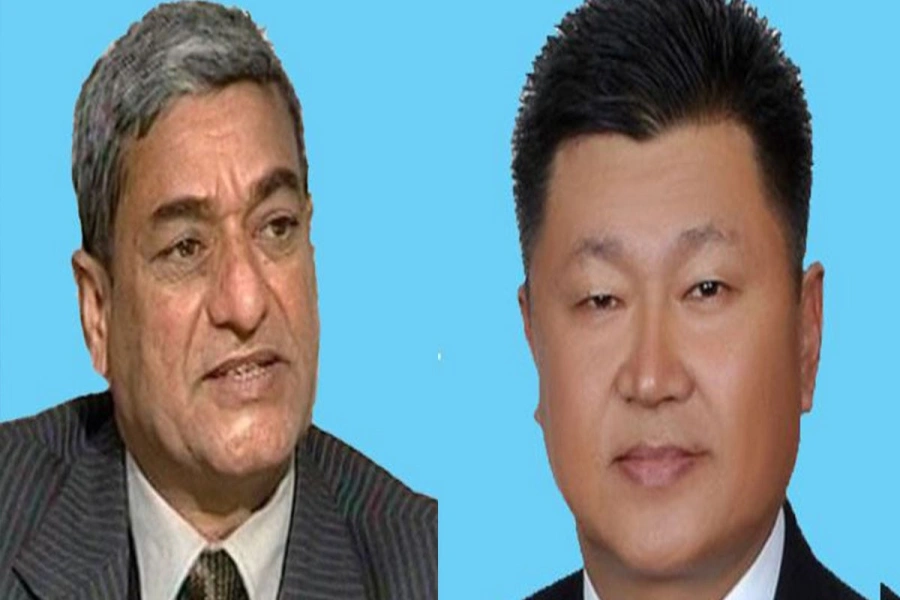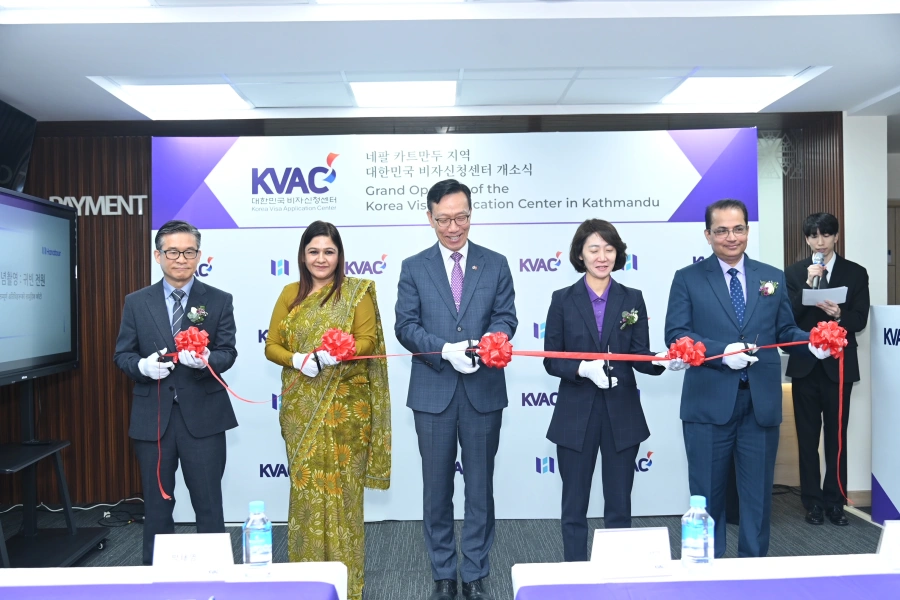The economic performance of any nation state requires an in-depth analysis of its various social and political determinants; to truly understand if and how a state “succeeds” or “fails” in implementing economic schemes requires an analysis which is holistic and multidimensional.
As someone who was born and raised in what has been labeled historically as one of the poorest countries on the globe - Nepal – I have often pondered: “What makes Nepal so poor?”, “Is it because the country is landlocked between two emerging economic giants – China and India?”, “Is it the divide between ethnic lines?” or “Is it because of the autocratic rule of the elite ruling class – the Shahs and the Ranas who exploited their subjects?” or “Is it the education system, which was only made accessible to the general public in the 1950s?”, or “Is it because of the armed struggle, the ‘People’s War’, which resulted in a devastating civil war which further victimized the poorest and the most vulnerable of the country?”
During my lifetime alone, Nepal has had to sustain an enormous deal of political as well as social changes which have resulted in the nation state’s inability to establish an accountable and stable government. A conversation I have heard multiple times between any two Nepali citizens supports the sentiment that it is the greed of the political leaders who want to monopolize power which time and again leads to power struggles between (and within) the parties to be the sole reason behind the economic (and socio-political) backwardness.What is the most accurate question to be pondered here, if any? What explains the differences in growth between countries?
40 pc child literacy gap between rich and poor: CBS

Firstly, taking into consideration Nepal’s case, many lean toward the hypothesis that it is because of the country’s geography – the fact that it is landlocked and mountainous, makes it infeasible to position itself toward economic growth and/ or development of any sort. However, this particular stance can be easily contradicted through the example of Switzerland which is starkly similar to Nepal in terms of its geographical features but is renowned for being one of the wealthiest nation states on the globe today. Indeed, world inequality cannot be explained through such a simplistic and naïve proposition. In the contemporary context, inequality has emerged from the uneven distribution of industrial technologies and means of production. Nepal, as a nation state never truly adopted the breakthrough of the Industrial Revolution and the technological gap evidently continues till date.
Next is a hypothesis that as an anthropologist I cannot and shall not ignore – the cultural one. I would be lying if I said I haven’t heard people blame the “culture” of the Nepalis to be the reason behind the country’s “backwardness”, the reason behind its stalling and untrustworthy bureaucratic system, and the reason why veteran politicians who have failed continue to reign the throne time and again. However, this view, even when articulated by Nepalis themselves, is intrinsically ethnocentric because the view arises from a rather Eurocentric explanation. There are certainly many differences when it comes to practices, beliefs, norms, and values but the difference in prosperity is not the cause of a certain culture but rather the consequence of different institutions which create different incentives.
As mentioned earlier, within a short period of time, Nepal has had to go through multiple political changes – from an autocratic monarchy to democratic monarchy to complete democracy to a democracy slightly influenced by communism and between each type of governance the country has experienced a great deal of instability and disruption to education, health services, basic government services and potential technological advances. There was (and continues to be) a political priority – and urgency to bring about reform and federal change rather than technological advances within the nation state. Therefore, it is because of Nepal’s political history rather than its culture that its development has been moderately behind compared to other nation states which adopted the necessary economic policies and political institutions crucial for (economic) growth. Also, culture is ever evolving and never stagnant, making it hard to quantify it over time as a variable to economic development or lack thereof.
Then, there is what you will hear in nearly every get-together which involves any number of middle-aged Nepalise, the much-internalized ignorance hypothesis: “Our (political) leaders are inadequate. They are not educated enough and hence do not have the understanding of what it takes to govern a successful nation state.” The ignorance hypothesis claims that unlike the developed countries of the global North, Nepal or Nepali leaders (overtime) have remained incapable of truly understanding the required policies and have failed to pick the correct schemes for economic and social development.
While it is true that the recent former Prime Minister KP Sharma Oli is supposedly only a middle school graduate, majority of Nepal’s contemporary political leaders have received formal higher education and so had modern leaders such as the charismatic BP Koirala, the first democratically elected Prime Minister. However, a degree does not say much for any political leaders’ capability and a great testament to this is Indira Gandhi of India who never graduated from university but remains to be one of the pivotal forces of Indian democracy till date. In Nepal’s case, the political leaders have not adopted certain economic policies or politics because they are incapable of knowing better, but they do so to keep themselves in power – there is a reason for an exponential increase in the number of parliament members who happen to be rich conglomerates.
All things considered, the economic performance of any nation state requires an in-depth analysis of its various social and political determinants; to truly understand if and how a state “succeeds” or “fails” in implementing economic schemes requires an analysis which is holistic and multidimensional.









